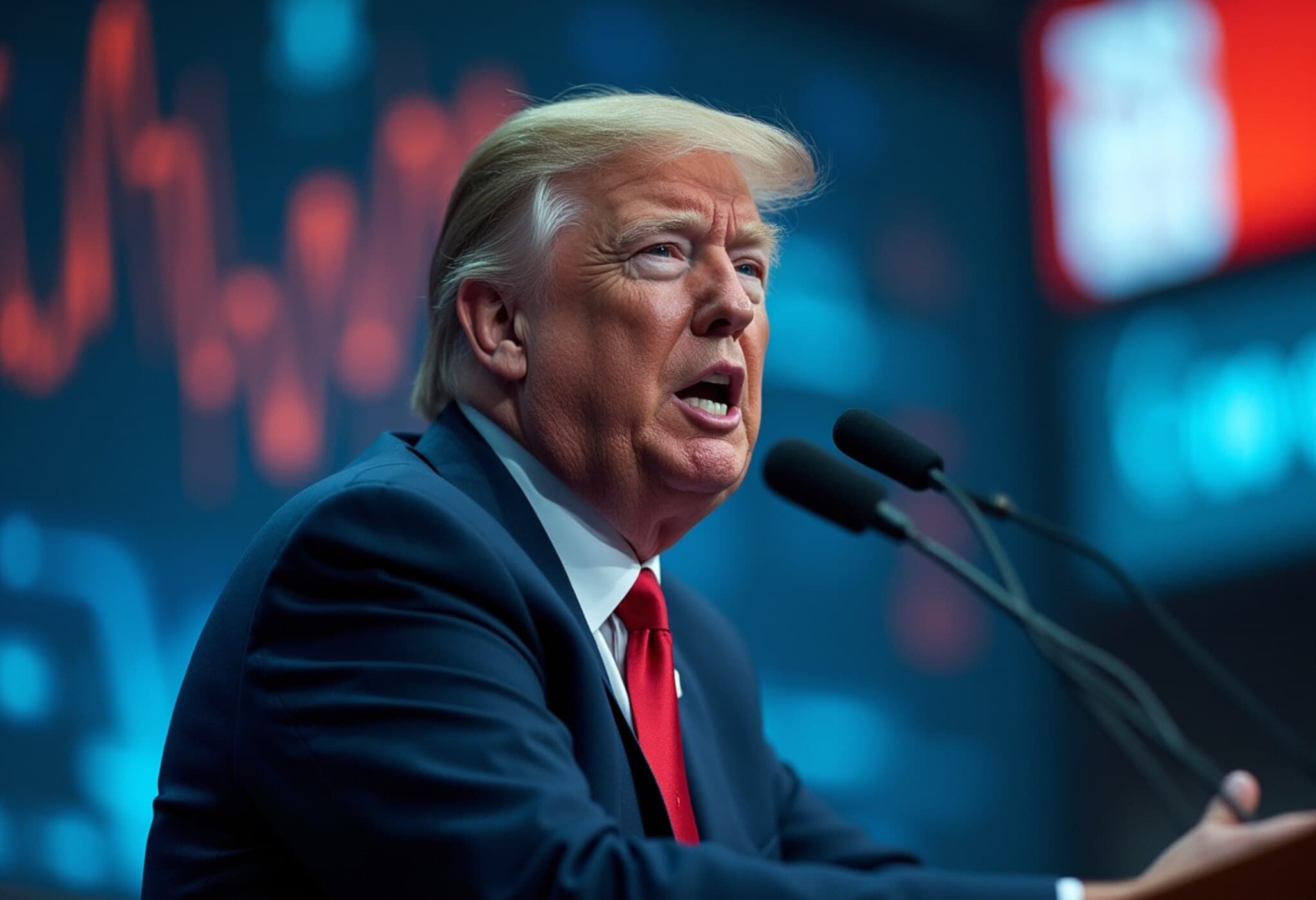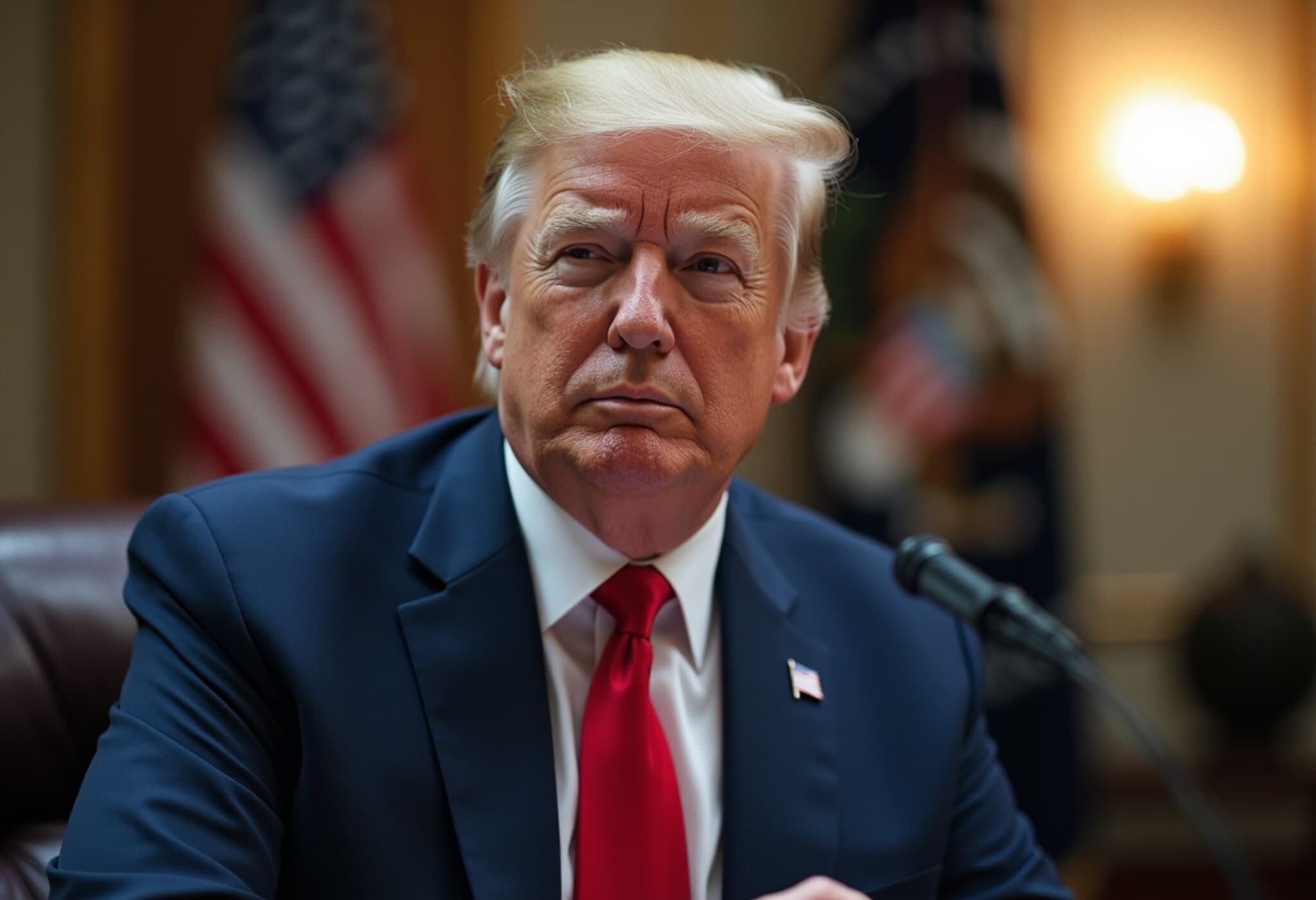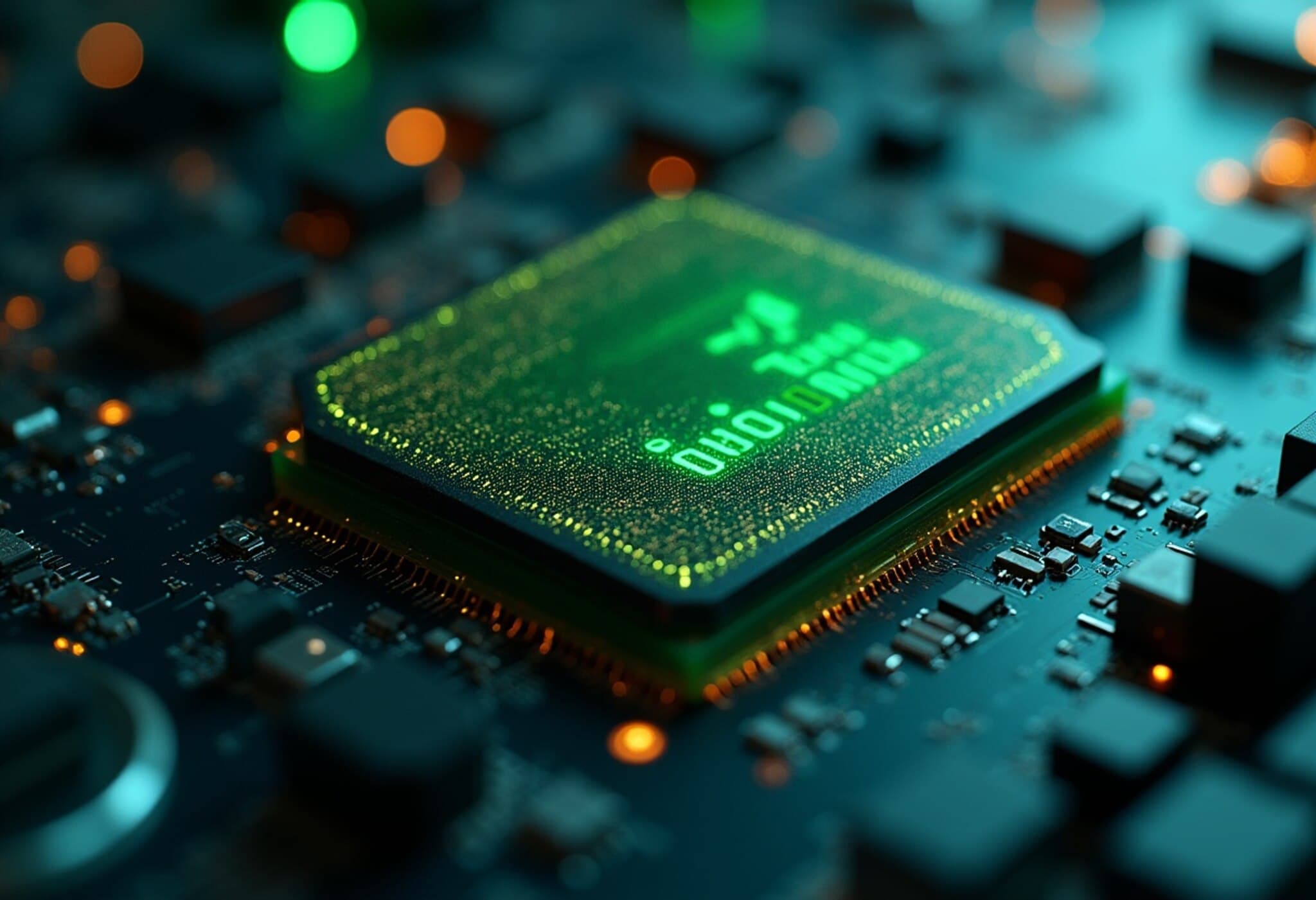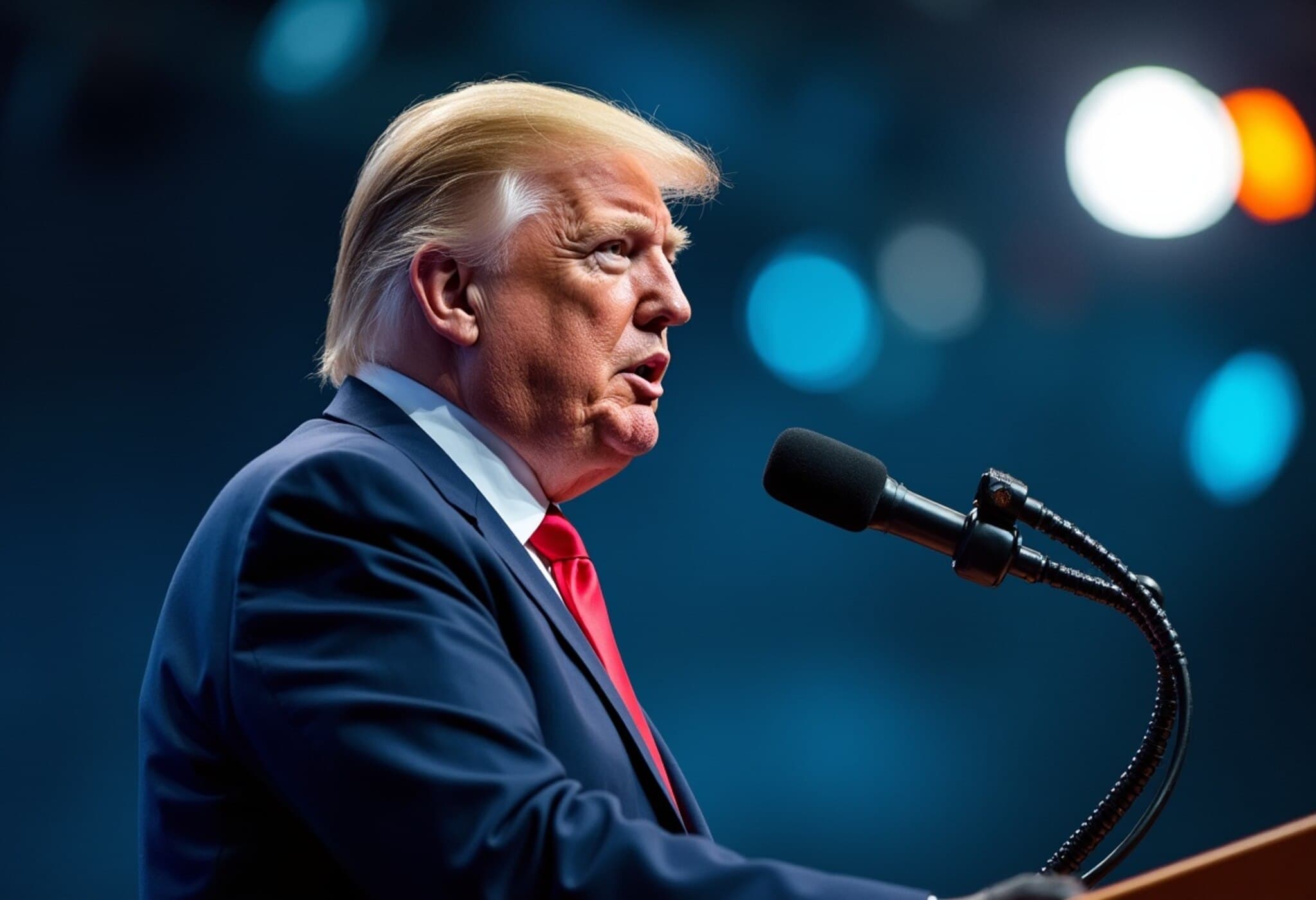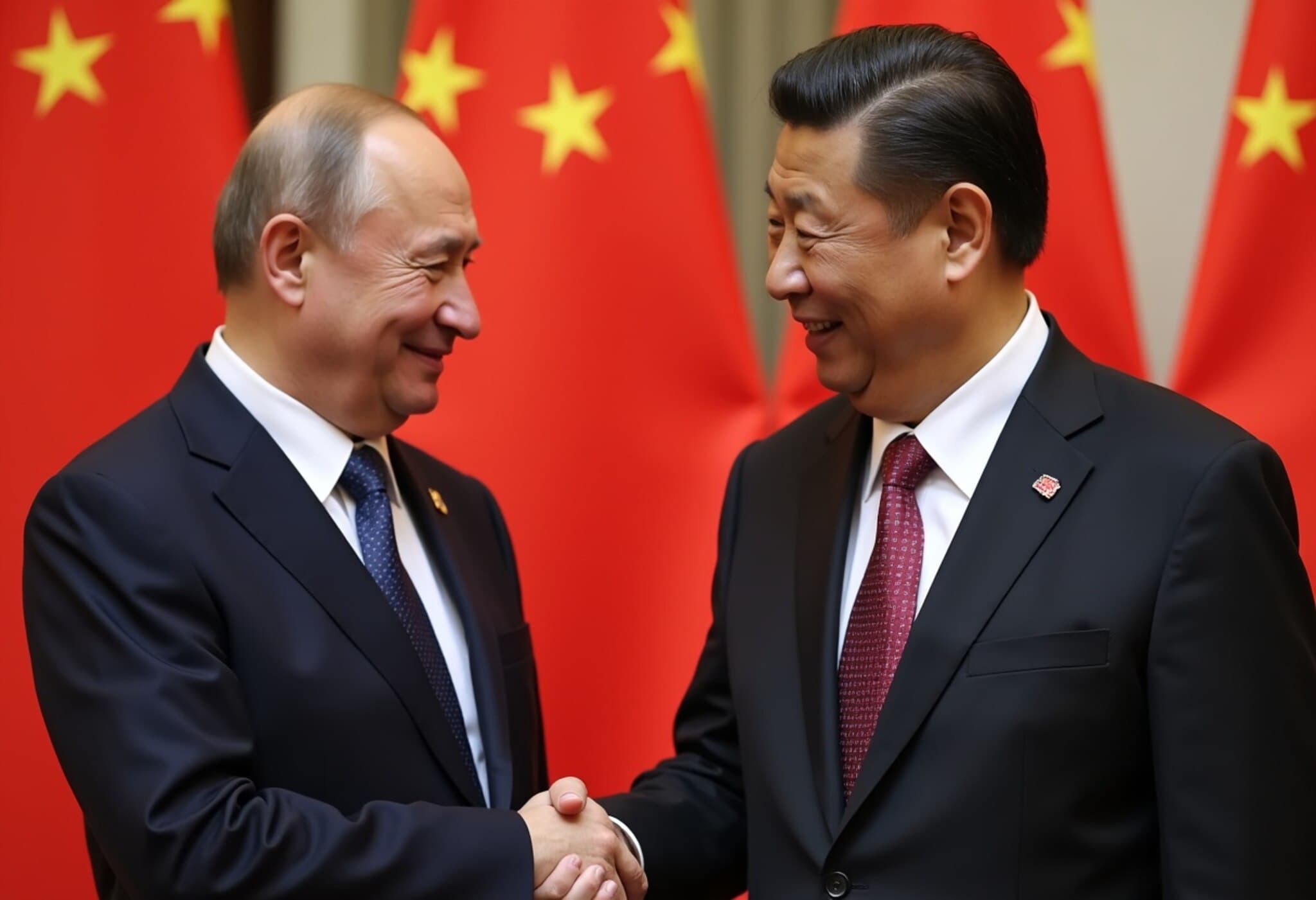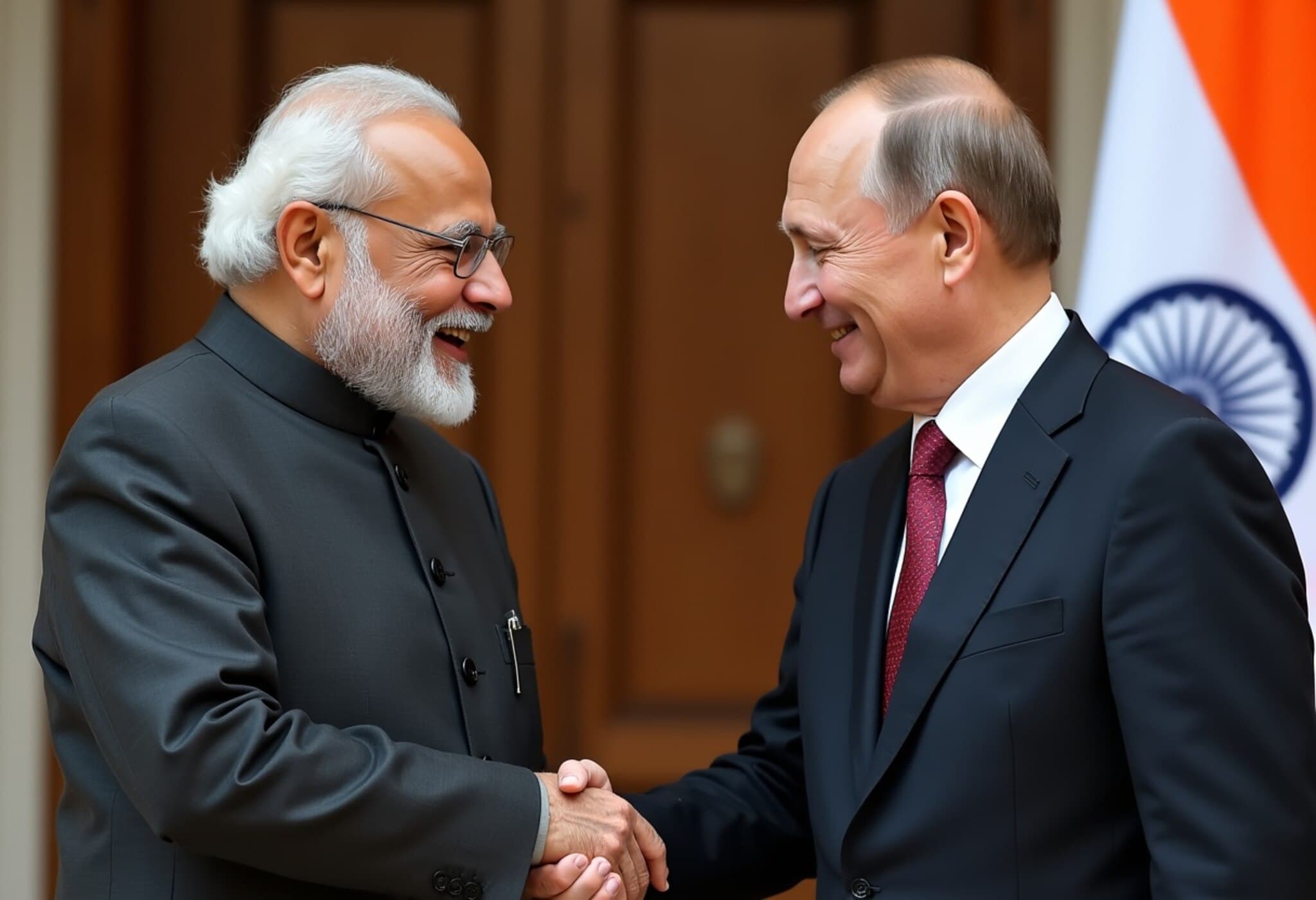Intel CEO Lip-Bu Tan Stands Firm Amid Political Storm
In a compelling response to a public call for his resignation by former President Donald Trump, Intel Corporation’s CEO, Lip-Bu Tan, has asserted his complete support from the company’s board and is actively working to dispel allegations of conflicts of interest. The controversy, centered on Tan’s past business ties to semiconductor companies linked to China, highlights the increasing geopolitical tensions surrounding the critical tech sector.
Background: Rising Tensions in U.S.-China Tech Relations
As the U.S. and China compete fiercely for dominance over semiconductor technology and artificial intelligence, chipmakers like Intel find themselves at the heart of this high-stakes rivalry. Semiconductors are not just economic drivers but strategic assets that could shape future military and economic influence globally.
Against this backdrop, Senator Tom Cotton sent a formal letter to Intel’s Chairman Frank Yeary, raising concerns about Tan's investments in entities reportedly associated with the Chinese Communist Party and the People’s Liberation Army. Cotton demanded clarification on whether Tan had divested from these interests to avoid any conflicts.
Tan’s Rebuttal and Corporate Backing
For the first time addressing the issue directly, Tan communicated with Intel employees via the company’s website, decisively denying the allegations as misinformation surrounding his roles at Walden International and Cadence Design Systems. He emphasized adherence to rigorous ethical standards throughout his career.
"I fully share the President’s commitment to advancing US national and economic security," Tan said, signaling his alignment with American policy objectives despite the political friction. "We are engaging with the Administration to address these matters and ensure they have the facts."
Tan’s message projects a tone of cooperation and transparency, crucial for maintaining trust amid heightened scrutiny for tech leaders operating in a complex global environment.
Intel’s Position and Future Outlook
Intel publicly reaffirmed its dedication to U.S. national security interests and economic priorities, highlighting significant investments supporting the “America First” agenda. The company’s stock experienced a modest uptick following the announcement, suggesting investor confidence in Tan’s leadership and Intel’s strategic direction.
- Key focus areas: U.S. semiconductor independence, AI innovation, and enhanced security protocols.
- Geopolitical context: Increasing scrutiny on business leaders’ international ties amid a tech Cold War dynamic.
- Leadership challenge: Navigating political pressures while driving technological progress.
Expert Analysis: Navigating Corporate Leadership Amid Geopolitics
This episode underscores a broader challenge for global technology firms. Executives like Tan must balance complex international relationships without compromising national security or corporate integrity. The U.S. government’s vigilance reflects emerging norms where corporate transparency and geopolitical prudence become intertwined.
Furthermore, Tan’s proactive engagement with the White House could set a precedent for how tech leaders address political concerns publicly, maintaining trust with both stakeholders and regulators.
Conclusion: Transparency as a Pillar for Trust in Tech Leadership
The Intel CEO’s firm response to pressure from political figures signals resilience and a commitment to clearing misunderstandings in an era where misinformation can escalate rapidly. How technology executives respond to these challenges will shape not only their companies’ futures but also the broader tech ecosystem’s role in national security debates.
Editor’s Note
This controversy reveals the increasing entanglement of technology, politics, and national security in an era of US-China rivalry. As semiconductor leadership becomes a geopolitical litmus test, transparency and ethical leadership in the tech sector are paramount. Readers should watch how this unfolds, as it may redefine corporate governance standards and international business practices in sensitive technology domains.










